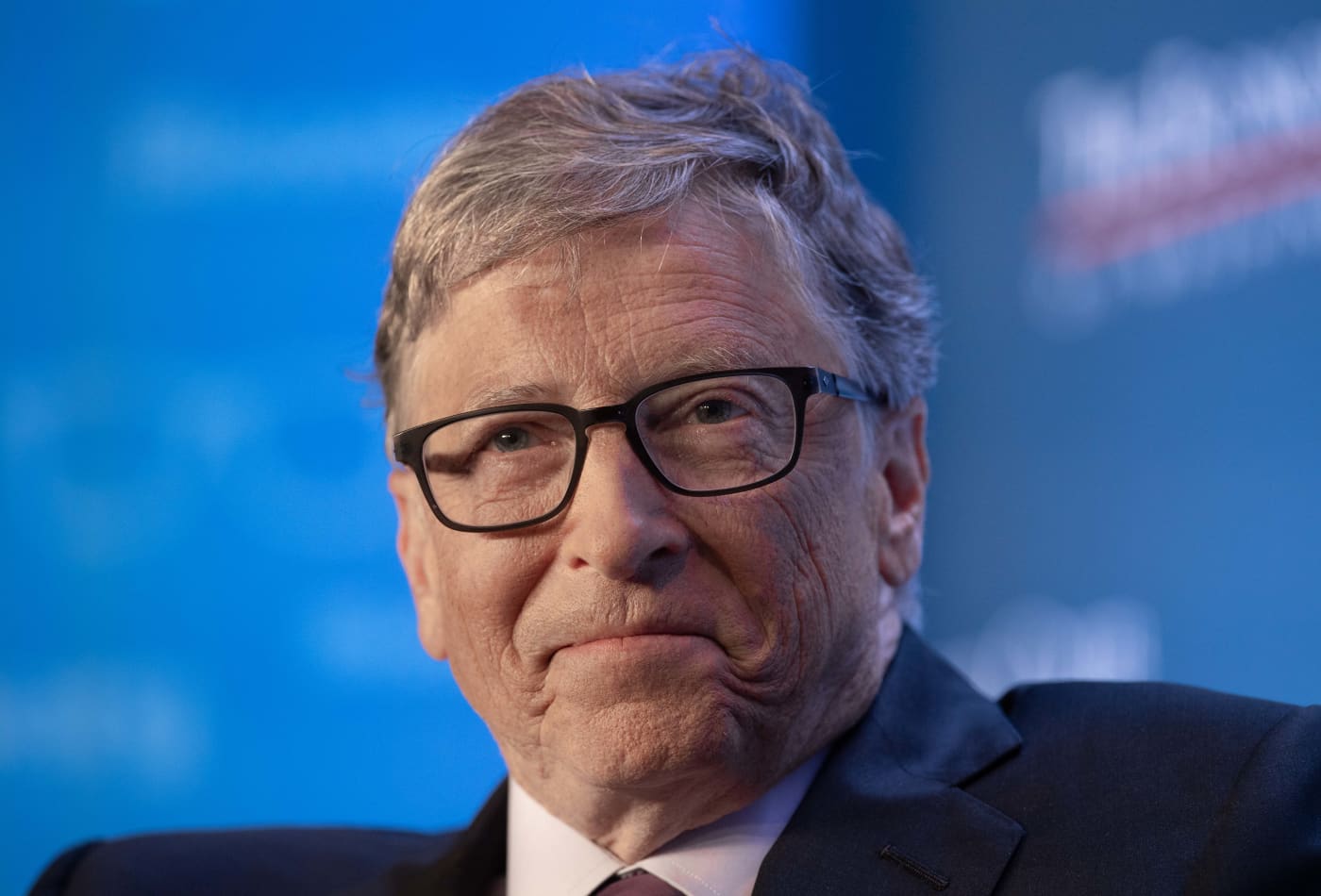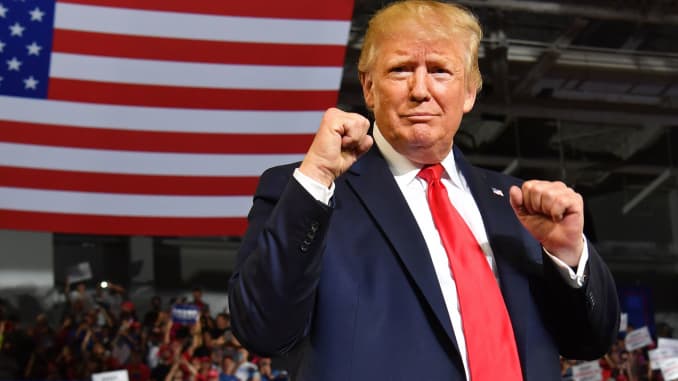![Demonstrators block access to the state-owned electricity company during anti-government protests in Beirut, Lebanon [Andres Martinez Casares/Reuters]](https://www.aljazeera.com/mritems/imagecache/mbdxxlarge/mritems/Images/2019/11/8/02087cf9ae4f4eedbfdfafa2eab6acce_18.jpg)
Reuters – Lebanese bank staff are facing abuse from customers angered by restrictions on their access to their cash, the employees’ union said on Friday, reflecting intensifying pressures in an economy gripped by its deepest crisis since the 1975-90 civil war. With Lebanon paralysed by political and economic turmoil, its politicians have yet to make progress towards agreeing on a new government to replace one that was toppled by an unprecedented wave of protests against the sectarian ruling elite. Saad Hariri, who quit as prime minister last week, is determined that the next government be devoid of political parties. A sectarian cabinet would not be able to secure Western assistance, a source familiar with his view told the Reuters News Agency. He is still seeking to convince the powerful, Iran-backed Shia group Hezbollah and its ally the Amal Movement of the need for such a technocratic government, the source said. Hariri’s office could not immediately be reached for comment.
Leading Christian politician Samir Geagea warned of great unrest if supplies of basic goods run short and said Lebanon’s financial situation was “very, very delicate”. One of the world’s most heavily indebted states, Lebanon was already in deep economic trouble before protests erupted on October 17, ignited by a government plan to tax WhatsApp calls and taking aim at rampant state corruption.
‘Clients with guns’










